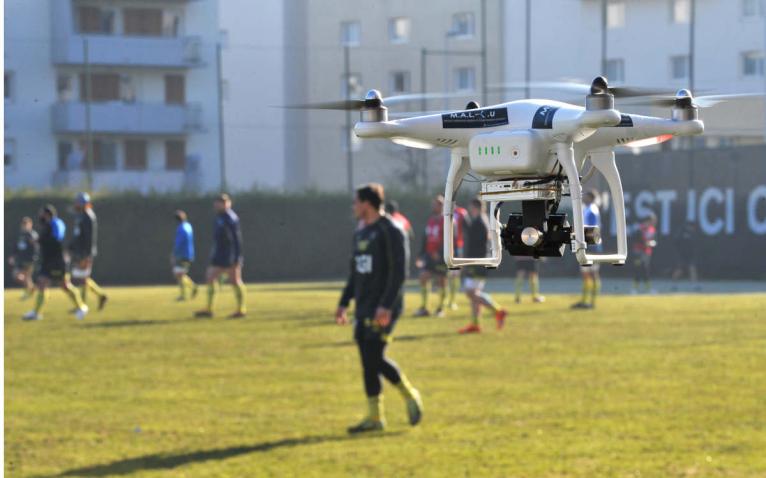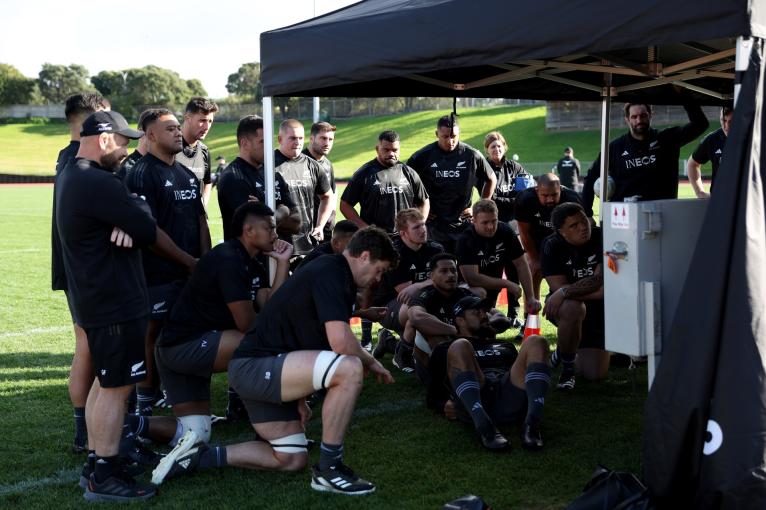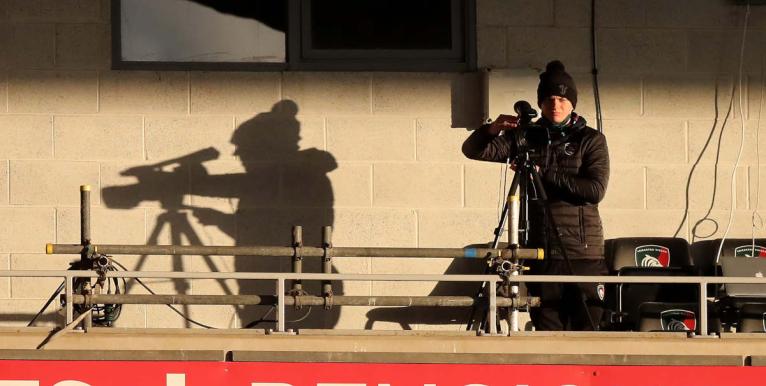When France face New Zealand to kick off the 2023 Rugby World Cup, they will do it off the back of preparation which has been heavily influenced by analysis and data. Their training loads will have been tracked by GPS and heartrate. It’s incredibly likely that the players will track their sleep and maybe even their urine to check hydration levels.
Within the first few seconds of the match the foot used for the kick-off, its length, who caught it, who tackled him, who entered the ruck and in which order, whether they were successful, the time it took to recycle the ball, the length and hang time of the box kick will all be tracked.
It’s understandable therefore that an article is published every season bemoaning the negative impact analysis is having on the game. Our players are becoming robots they will say. Curiously, they will often state in the same article that analysis isn’t detailed enough to tell us what really happened in the match. It’s very likely that this viewpoint will be shared by at least some of you reading this.
Perhaps surprisingly, if you’ve read anything I’ve written on Twitter or here, it’s a viewpoint I have some sympathy with. From the outside analysis can look like it is sucking the romance out of rugby. Are we at the point where we know what is going to happen before the match has started? On the other side of the point, does analysis actually tell us anything? Is it a smokescreen; a lot of confident people using numbers and video to say, well, nothing? Let’s deal with the first point.

Analysis has an enemy; the players. If rugby was played by cyborgs, then analysis would be critical. You could use analysis to show that the opposition fly-half stands 2m deeper than average when he kicks and your cyborg fullback could identify this and drop to receive the predicted kick. But it’s played by humans. Humans who can only retain certain amounts of information, that capacity limited still when under extreme pressure.
Who cares if you’ve identified that fly-half stood deeper before he kicks? It’s almost impossible that your players can spot it in real time. Even if they can, they might drop too many people back, changing the picture for the fly-half and therefore encouraging the attackers to pass the ball instead.
Analysis is incredibly valuable and a team doing it will have at least a marginal, and potentially a significant, edge over a team not doing it
Analysis is like Michelin-starred cooking. All the work is done behind the scenes. The carrots are peeled, pressed, drizzled in thyme oil, then left to poach at 60 degrees for five hours. All the diner sees is a foam on their plate. Analysts spend countless hours working on spotting the weaknesses of their opponents. But what the players see is maybe three key points and a ten-minute video of what to look out for. The analysts know that players can’t take any more in and there is a risk of just overloading them.
Analysis is incredibly valuable and a team doing it will have at least a marginal, and potentially a significant, edge over a team not doing it. But we aren’t anywhere near the point where we know what will happen. That’s also true in sports like baseball, who are further along their analysis journey than rugby. There are still plenty of upsets and signings which don’t work out even with that wealth of data.

If analysis isn’t so advanced that it is spoiling games, maybe the opposite is true? Maybe analysis actually adds no value. The argument usually follows that there is something about rugby that makes it impossible to analyse? That is an argument which has been made about almost every sport. Fans like to see their sport as the outlier, the only one that can’t be ‘solved’ by analysis.
People often think this in rugby because they believe things like desire, decision making, or off the ball work can’t be shown in the stats. Let me concede something, data doesn’t tell you the entire story. It will tell you that a centre made six passes and four carries, but it won’t tell you which of the passes should have been carries and which of the carries should have been passes. That’s why no good analyst goes solely off stats without including video as well. It does tell us more than people think though.
Statistics are just measures of what factually happened on a pitch. You might consider some to be more valuable than others but if you think someone is a good attacker then you will see that in the statistics
Maybe you think that a player has great work rate. There is no way you can prove, or disprove, that with stats you might think. But of course you can. After all, what is work rate? It’s making tackles, carries, hitting rucks, winning turnovers, fielding kicks etc. If you don’t score well statistically on any of those metrics, then the player doesn’t have good work rate.
Statistics are just measures of what factually happened on a pitch. You might consider some to be more valuable than others but if you think someone is a good attacker then you will see that in the statistics, if you don’t, it’s possible they’re not that good.
That’s not to say analysis in rugby is perfect. There are areas where advancements are needed. As with most other sports, the data captured is limited to actions on the ball. Carries are tracked but not dummy runs which created space. We know who fielded kicks but not how much distance they covered to do it.

Those things will come eventually, but they’re not close at the moment. Where does that leave us? Analysis doesn’t tell us everything, but it does tell us plenty. To teams it can be the difference between winning and losing or signing a star or a dud. To fans it helps you win an argument or add more colour to what you are seeing on your TV.
Analysis can tell you that Karne Hesketh carried for four metres and scored a try, but it can’t tell you what it felt like to witness the greatest upset in the history of rugby. That doesn’t mean you need to listen to rugby’s luddites who treat analysis with the same wariness as they treated skin tight shirts, lifting in the lineout, or awarding five points for a try either though.



Comments
Join free and tell us what you really think!
Sign up for free